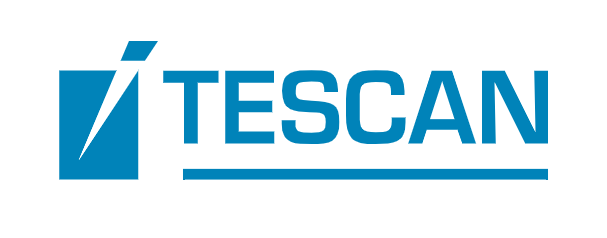Speaker
Description
Direct modelling of multiphase flow in pore structures at the micron-scale and at low capillary number is challenging for two reasons. Firstly, numerical error in the modelling of interface curvature and surface tension force leads to large spikes in velocity called spurious currents. Secondly, accurate and robust modelling of capillary waves requires small time-steps based on the Brackbill conditions, often orders of magnitude smaller than stable time-steps required by CFL conditions. In this work, we investigate how a novel time-stepping method based on operator-splitting method, and labelled OSCAR, can be employed to perform simulations at low capillary numbers. OSCAR splits the Navier-Stokes system of equations for two-phase flow in viscous and capillary relaxation steps. The viscous steps are performed with large time-steps based on the CFL number, while the capillary relaxation steps are perform with smaller time-steps based on the Brackbill condition. We perform a range of simulation on three different geometries (e.g. straight microchannel, micromodel, constriction) and we observe that at capillary numbers lower than 10^{-5} and as low as 10^{-9}, the capillary relaxation steps converge well before the global time-step has been reached, leading to orders of magnitude reduction in the computational time. However, spurious currents play a major role here too, as they may prevent convergence of the capillary relaxation steps and can lead to a large increase of CPU time. Our investigation show that it is essential to tackle time-stepping and spurious currents simultaneously in order to perform fast and accurate simulation of multiphase flow at low capillary numbers.
| Time Block Preference | Time Block A (09:00-12:00 CET) |
|---|---|
| Acceptance of Terms and Conditions | Click here to agree |






